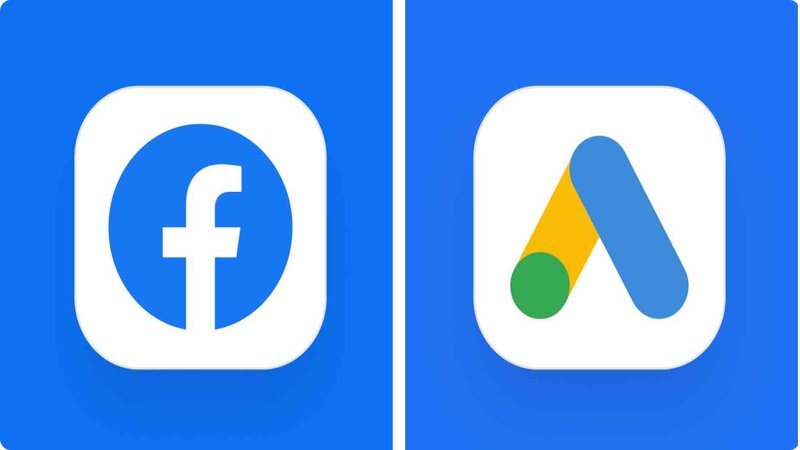
Two digital advertising behemoths stand tall: Facebook Ads
and Google AdWords. Both systems have distinct advantages, and firms are
frequently pulled between the two. The question is which is more effective. The
solution, like many things in marketing, is not simple. It is determined by a
variety of criteria, including your company's goals, target audience, and
budget. Let's look at the advantages and disadvantages of each platform to help
you make an informed selection.
Facebook Ads, the world's largest social media platform's
advertising arm, largely focuses on display advertising. It enables businesses
to target people based on demographics, interests, behaviours, and other
factors. Its unprecedented audience granularity is one of its most significant
features.
Businesses may target their adverts with pinpoint accuracy
thanks to billions of people sharing a wealth of information about their lives.
Facebook has you covered whether you're looking for young mums interested in
organic food or middle-aged males who enjoy golf.
Furthermore, the platform excels in increasing brand
recognition and encouraging community participation. Its visual focus, along
with the social aspects of sharing and commenting, makes it excellent for firms
trying to generate awareness about their brand.
Google AdWords, currently known as Google Ads, is the
undisputed leader in search advertising. When consumers enter a search query
into the search engine, Google Ads shows relevant advertising at the top of the
results. This implies that firms may reach out to potential clients precisely
when they are looking for similar items or services.
Google Ads' intent-driven nature makes it especially
successful for driving quick conversions. If someone searches for "buy
winter boots," and your ad appears, chances are they're ready to buy.
Furthermore, Google's huge network is not limited to the search engine.
Businesses may target audiences across millions of websites, videos, and
applications by using display advertisements, video ads, and shopping ads.
So, what platform should you go with? It all comes down to
your goals. Facebook Ads may be the way to go if you want to increase brand
exposure, boost community participation, or target a highly narrow population
based on certain interests and behaviours. Its visual nature and social sharing
capabilities may have a ripple effect, increasing the reach of your business.
If your primary objective is to promote rapid purchases or
target individuals based on precise search intent, Google Ads may be a better
fit. Its extensive network and intent-driven strategy may bring your company in
front of potential customers right when they're seeking to buy.
Budgetary issues are also important. While both platforms
use a bidding mechanism, the cost-per-click or impression might differ
depending on competition, ad quality, and other variables. It's critical to
continuously review and alter your campaigns to guarantee you're getting the
most bang for your dollars.
Than summarise, both Facebook Ads and Google AdWords have
distinct benefits, and none is objectively superior than the other. It's more
about matching the platform's strengths to your company objectives. Many firms
use both platforms in combination for the best results, establishing a
comprehensive digital advertising strategy that takes use of the best of both
worlds.